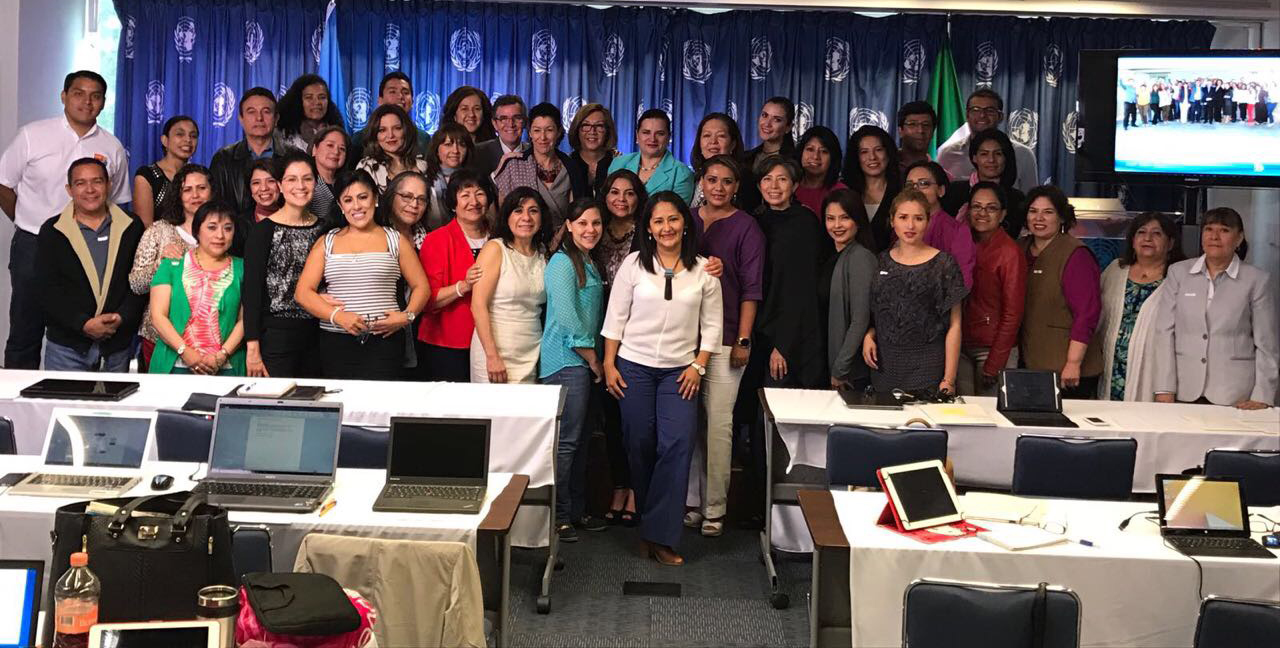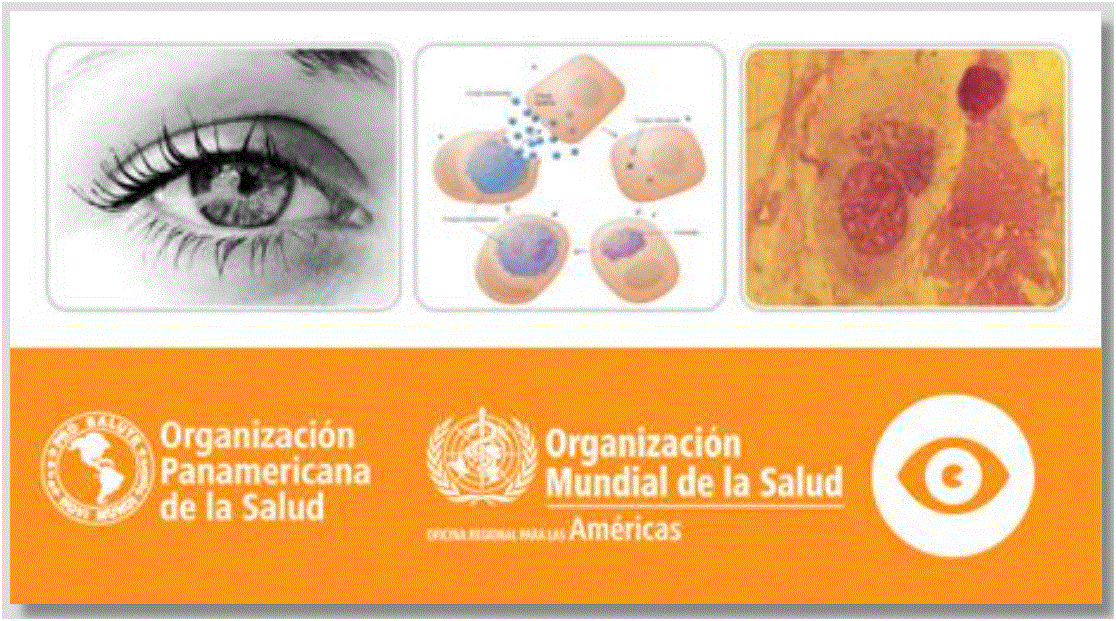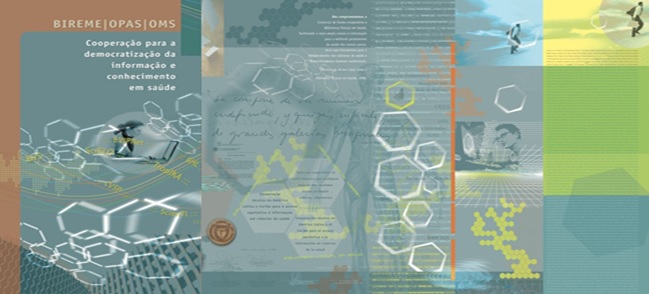VHL is the technical cooperation model for information management coordinated by BIREME/PAHO/WHO, developed with the participation and collaboration of the networks, organizations and individuals of Latin American and Caribbean countries, and applied by other nations. In the countries, the VHL projects itself through national, thematic, and institutional fora with the purpose of enhancing visibility and promoting the use of scientific and technical knowledge, according to health priorities and information needs of users. In this context, RENICS – Red Nacional de Información en Ciências de la Salud de Argentina, turns 30 years old coordinated by the National Academy of Medicine with the support of the area of Knowledge Management of the country’s PAHO/WHO Representation.
Category: Sin categoría
ProEthos – support on strengthening research ethics committees
The goal of the ProEthos platform, coordinated by the Knowledge Management, Bioethics and Research (KBR) team of the Pan American Health Organization (PAHO/WHO) with the support of BIREME on its technological development, is to systematize ethical review of human research, thus strengthening the ethics committees in Latin American and Caribbean countries. Its main objective, however, is to improve the quality of ethical reviews and to disseminate the culture of their use on research studies with human participants.
Approaching scientific knowledge and health practice
The Third International Conference on Primary Health Care brought together managers and employees of the Brazilian Unified Health System in Teresina, Piauí, Brazil, in order to discuss topics related to the gap between health knowledge and practice. The event was an opportunity for BIREME to discuss information management within the context of Agenda 2030. Poverty eradication, the greatest challenge facing the world today was also debated, as a key requirement for sustainable development.
VHL Mozambique: BIREME organizes a training workshop to reactivate VHL Mozambique in Maputo

On March 27-31, 2017, the National Institute of Health/Ministry of Health of Mozambique and the WHO Representation promoted training activities, which were coordinated by BIREME/PAHO/WHO and aimed to reactivate the VHL Mozambique. A total of 16 people were trained in management of contextualized information. The participants came from the main regions in the country, including coordinators, documentalists and IT staff representing seven institutions, such as public and private universities, Higher and Technical Institutes of Health Sciences, the National Institute of Health and the WHO Representation.
BIREME coordinates training workshops on health information in Mexico

Courses on scientific communication and access to health information were held at PAHO/WHO head offices in Mexico, on April 3 to 7, 2017. They were coordinated by BIREME and PAHO/WHO Mexico, and attended by 58 professionals from 14 federative organizations related to health promotion and prevention, including the Centro Nacional de Excelencia Tecnológica en Salud (CENETEC), Centro de Documentación Institucional and the Dirección General de Promoción de la Salud del Instituto Nacional de Salud Pública (INSP).
Online courses for the surveillance, control and elimination of neglected diseases

Since 2012, BIREME and PAHO’s Department of Communicable Diseases and Health Analysis (CHA/PAHO/WHO) have been developing projects to build courses focusing on the prevention, control and eradication of communicable diseases and zoonoses. These courses are self-teaching with free access and published on the Moodle platform of the Virtual Campus for Public Health (VCPH). There are already 11 projects for courses on Cutaneous Leishmaniasis, Visceral Leishmaniasis, Geohelminthiasis, Rabies, Trachoma, and Schistosomiasis, focusing on diagnosis, prevention, control and treatment of these diseases.
Teamwork for organizational innovation and strengthening
On April 13, 2017, the BIREME/PAHO/WHO staff participated in a training program to develop teamwork effectiveness. The event was supported by PAHO/WHO Human Resources Department, and took place outside the Center head offices to enable greater involvement of all employees in the activities. The effort considered the conceptual and behavioral alignment of five main themes that characterize cohesive teams: trust; relationship and conflict; commitment; responsibility; and focus and attention on result.
BIREME Hotsite to celebrate its 50 years of history
To express its successful history as the Latin American and Caribbean Center of PAHO/WHO, specialized in management of health information, the Hotsite BIREME 50 years was created as a space to celebrate and record important and memorable moments of this history. The Hotsite is open to manifestations of several players involved, employees and enthusiastic supporters. In fact, it is time of much joy, but also of reflection about the present and future of the Center.
BIREME presentation in the meeting of FSP-USP Faculty Committee
Acknowledging the historic course taken by BIREME/PAHO/WHO in the field of public health, as well as the collaborative work with the School of Public Health of the University of Sao Paulo (FSP-USP), the Faculty Committee of FSP-USP gave opportunity for a presentation about the BIREME, highlighting its priority lines of actions, information products and services, and future perspective for cooperation. The event was attended by full professors who comprise the Faculty Committee and representatives of other faculty categories and of students.
A bit of history

As it turns 50-year old in 2017, BIREME, a specialized center of PAHO/WHO, celebrates its important journey of effective contribution to the flow of scientific and technical information in health in the Latin America and Caribbean Region, as well as the consolidation of its mission to contribute for the development of health by means of strengthening, expanding, disseminating and producing networks of sources of information about health sciences.